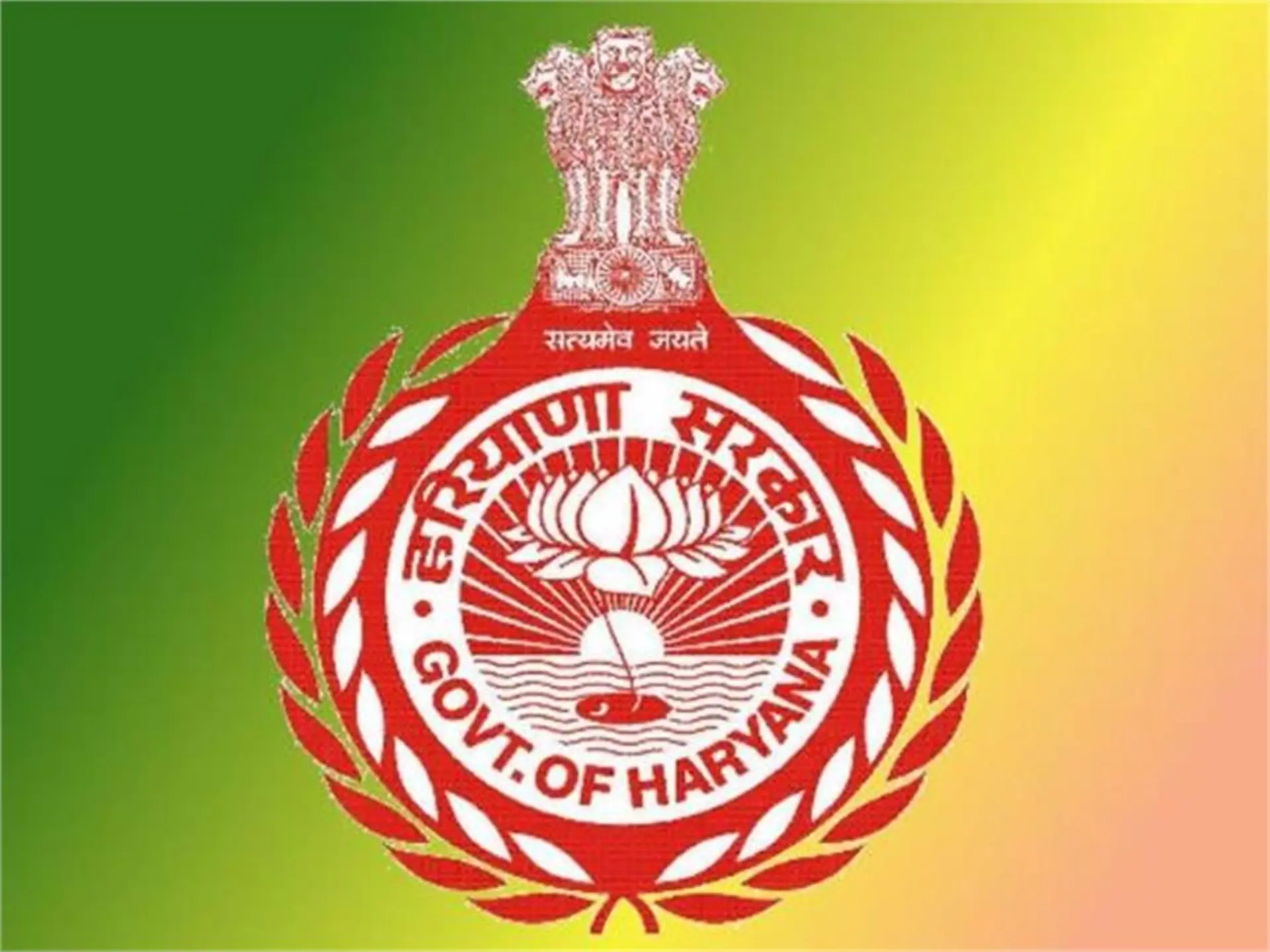
The seed idea of ' Being Grateful' has been knocking on the window of my mind for a day or two. The knocking is persistent. It has been pecking on my conscious again and again. What does it mean? Why is it crowding my mind like this? Does it mean I am being ungrateful and need to introspect and make some course corrections? Or does it mean that I must be more expressive of my gratefulness towards the people who have helped me or have done me good?
The idea of gratitude cropped up when I sighted a book entitled ' Celebrating 365 Days of Gratitude 'on the book shelf of Anshul, my daughter-in- law. I casually took the book off the shelf, and started browsing through its pages till I realised that I had hit upon a treasure trove. 365 real stories and observations on the idea of gratitude by real people. These simple stories were so soul-lifting. Elevating is, perhaps,the word.Expressions of gratitude for gestures, big or small,of help or goodwill. Gratitude for good health, a good house, a good supportive family or friends.
Gratitude even for a sunny and fragrant morning . Even a pet,which brought a streak of smile when you felt hopeless or depressed. Gratitude for a stranger who gave you a lift when you had a flat tyre and wanted to reach your office for an urgent meeting. Gratitude for a school teacher who patted your shoulder when you failed an examination and encouraged you to work harder and succeed. So many stories which brought warmth and joy in your life.
At this point, I pause. I pause to think and realise that on so many occasions when someone helped me, I just muttered a cursory 'thank you' and moved on. Did my 'thank you' come merely from my lips or from my heart?
Yes, this is the heart of the matter. Very often, we express thanks only for the sake of saying something: something which is utterly hollow. " Full of sound and fury, signifying nothing", as Shakespeare suggests in ' Macbeth'. In a different context, of course.
Well, Well...We very often hear people casually suggesting that this is a practical world. Here people have no time for foolish sentimentalism. This is a world of facts. No fancy emotions work here. As Gradgrind, the staunchly utilitarian protagonist,,forcefully announces in Charles Dickens's novel' Hard Times'--"Facts alone are wanted in life.Plant nothing else. Root out everything else."We are the children of this culture where there is no room for emotions. Good gestures , help extended is acknowledged more by turning away rather than feeling grateful and saying thanks.
I am reminded of a book read long way back. It was a book by a Japanese Guru. Unfortunately, I remember neither the title, nor the name of the author. But a paragraph of the book is etched on my mind . Among so many other good things the book suggested, it recommended a credo of life which goes something like this :
BE GRATEFUL. EXPRESS GRATITUDE. LOUDLY.
Thank the person who has helped you,loudly and clearly. And do this not once, but repeatedly. And do not merely at this point.Tell others too about your benefactor and the help extended to you. The author suggests that by doing this,you would be spreading an aroma of positivity around you. You would be happy as you are acknowledging the help you received. The people who hear you would recognise you for your recognising the help, and also the person who helped you. And, of course, someone would refer your recognition of help to the person who helped you. This person, in turn, would be further encouraged to help others in a more enthusiastic manner.
We can, thus, be sure that good would beget more good. It would result in a chain- reaction; a ripple effect will be generated. We can be sure that a sunshine effect would dawn in the world around us. This sunshine can envelope our whole existence; what is required is only a little conscious effort on our part. And then, these efforts turn into habit, which, in turn, as a noted psychologist theorises, shapes our character.
Ungratefulness, on the other hand, would trigger a frosty, negative environment. A too practical, matter of fact, world can only be arid. 'A wasteland', as T.S. Eliot would call it . In another poem,' The Hollow Men', T.S Eliot presents the picture of such a wasted world inhabited by such people. I quote :
We are the hollow men
We are the stuffed men
Leaning together
Headpiece filled with straw. Alas!
Our dried voices, when
We whisper together
Are quiet and meaningless
As wind in dry grass
Or rats' feet over broken glass
In our dry cellar.
This happened to Gradgrind, the protagonist in the Dickensian novel ' Hard Times. At the end of the novel, we find this hard- core believer in ' Only facts', philosophy a shattered, heart- broken man gazing incredulously at his son with a blackened face in a circus cage. This happens when we suppress our finer human instincts of emotions and gratitude. Facts or practicality are important in our life if we are to survive in a ruthless world, yet equally important are our emotional contours: they make us truly human.Gratefulness is one such important contour.
So, being grateful is very important if we desire to remain human and happy. If our heart is not full of gratitude, we turn into beasts. This is what happens, when we don't understandand and appreciate the pristine significance of gratitude in life.
Shakespeare compares ungratefulness with bone chilling winter winds to suggest that are not as sharp as a friend's ingratitude.He suggests in a song:
Blow, blow, thou winter wind,
Thou art not so unkind,
As man's ingratitude;
------------------
Freeze, freeze, thou bitter sky,
That dost not bite so high
As benefits forgot:
----------------------
Thy sting not so sharp
As friends remembered not.
Ingratitude creates bitterness, gratitude generates sweetness. That is why, in spite of all hype about practicality and utilitarianism, gratefulness comes to us as a natural instinct. We thank family and friends for their love and support, both emotional and material. We thank nature for the beauty it has blessed our world with. And we thank God for all His graces that he has bestowed on us and ours.
In the end, let us remember Shakespeare again, who so graciously and unambiguously blesses the benefactor :
I can no other
answer make but
thanks, and thanks
and ever thanks.















